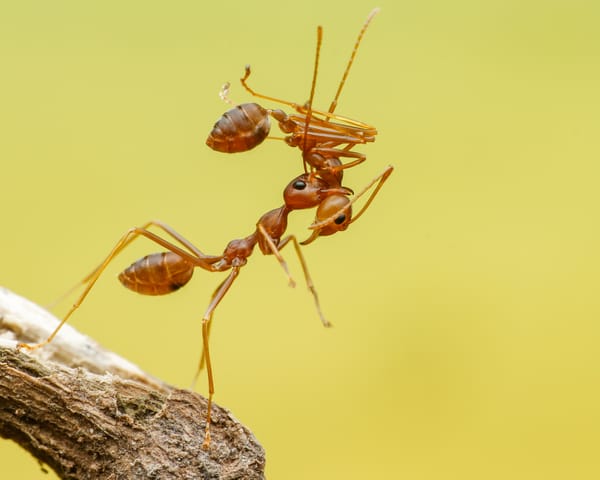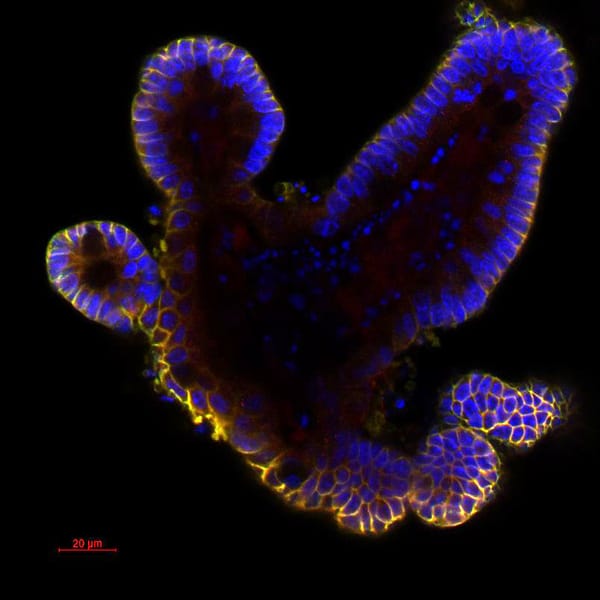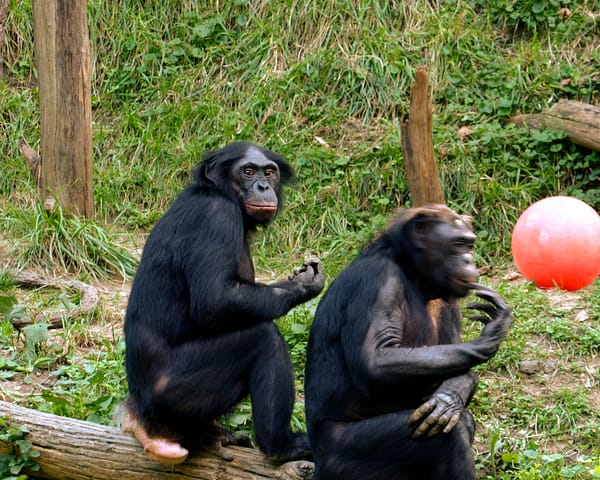
Ayahuasca-derived treatment shows lasting antidepressant effects in Imperial-led clinical trial
This Week In Science
Contact: science.felix@imperial.ac.uk

This Week In Science

Exposure to air pollution caused ants to show aggressive behaviour and even abandon their young.

In 2015, the United Nations General Assembly established the International Day of Women and Girls in Science. Held annually on February 11th and implemented by UNESCO and UN-Women, this initiative promotes full and equal participation and recognition of women and girls in Science, Technology, Engineering and Maths. About the event

How scientists are getting closer to unlocking the recipe for life beyond Earth.

What are the stories behind the scientists, statesmen and engineers Imperial is named for?

UK Government policy and our reality online in an age of AI.

A cow in Austria is challenging traditional notions of animal intelligence.

This Week in Science

A UK-wide collaborative hub for human gut and microbiome research.

Imperial study identifies patterns in same-sex sexual behaviour in primates.

Concrete is everywhere: from roads, to skyscrapers, to the foundations of the building you may be reading this in. It is the most used material in the world with 150 tons used every second worldwide – that’s about 14 trillion meters cubed per year! Concrete is a composite material, mostly

Funds urgently needed for Liverpool University student's brain cancer treatment